English Dub Season Review: Bottom-Tier Character Tomozaki 2nd Stage
Based on the Japanese light novel series written by Yūki Yaku and illustrated by Fly. The series continues with Fumiya Tomozaki who is now cruising through the game of life—all thanks to the guidance of Aoi Hinami, his popular classmate and rival in the online game Attack Families, widely known as “Tackfam.” As the summer holiday draws to a close and a new term commences, Tomozaki reunites with Aoi, who reminds him of his ultimate goals: to become well-liked among his peers and find himself a girlfriend.
However, Tomozaki puts his ambitions on hold when his innocent friend, Hanabi Natsubayashi, starts being bullied. To make matters worse, Aoi is characteristically out of touch with the situation. But Tomozaki is not alone in resolving this issue—he now has a group of loyal friends who are all determined to help Hanabi and ensure they enjoy their youths together to the fullest.
On the technical side, The series, cast, and staff from the previous season reprised their roles and were animated by Project No.9 and directed by Shinsuke Yanagi, with Fumihiko Shimo handling the series composition, and Akane Yano designing the characters. Hiromi Mizutani composed the music. The opening theme song is “Easy? Hard? But Let’s Move On!”, while the ending theme song is “Because It’s Not Someone”, both performed again by Dialogue+.
In a nutshell, Season Two aka “2nd Stage” provides a respectable follow-up to the first season, despite not completely meeting my expectations. The narrative’s shift to focus more on the other supporting characters which works to help differentiate itself, although certain segments, particularly in the season’s 2nd half, felt prolonged. Each episode retained the enjoyable elements and charm of the original season, though the depth and direction during the “school play” arc seemed somewhat lacking.
The first half of the season was particularly engaging as it introduced and developed more characters. However, the pace slowed in the second half, with some scenes, especially those involving Kikuchi, feeling rather tedious. Without revealing any spoilers, the ending left me dissatisfied. It felt disconnected from the preceding buildup, making the conclusion’s logic hard to grasp.
The cast remains a standout feature of the series, offering a unique twist on typical anime character archetypes. Characters like Mimimi consistently stood out, delivering memorable moments and humor that were delightful to watch. The supporting cast also had their shining moments, ensuring that no character felt shoehorned or out of place in the plot.
The animation and music quality continued to meet the high standards set by the first season. The visual style and audio components effectively complemented the storytelling and character interactions, enhancing the overall viewing experience. However, apart from these technical aspects, there wasn’t much notable improvement or innovation outside of some Super Nintendo graphics, but you kinda expect that level of silliness when the titular protagonist’s form of self-improvement is broken down into videogame objectives.
Overall, Season Two is worth watching, but only if you were a fan of the first season. Although I didn’t agree with every narrative decision, it was still provided passable with whatever it was going for. The season explores themes of social dynamics and personal growth, remaining true to the series’ core, even if it lacks the emotional impact. While there’s currently no word on a Season 3, It was a decent way to end the story the way it did…

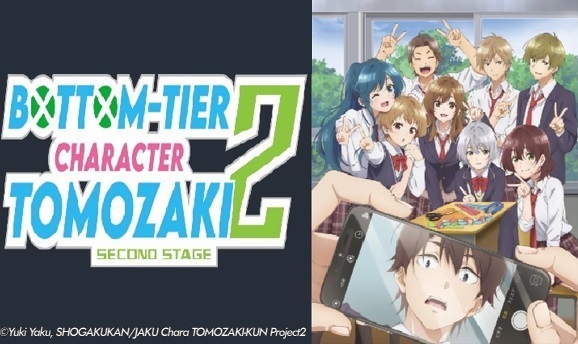
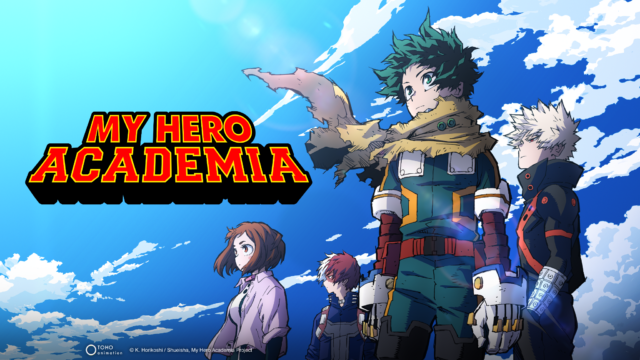

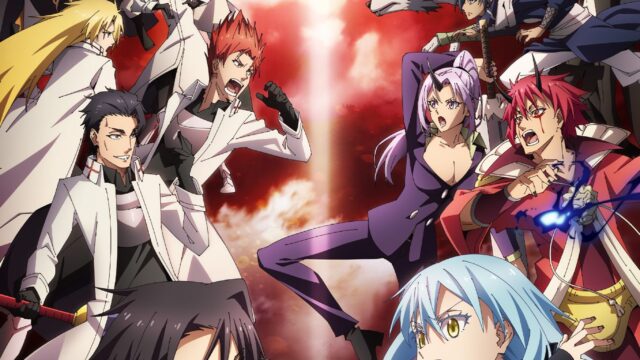
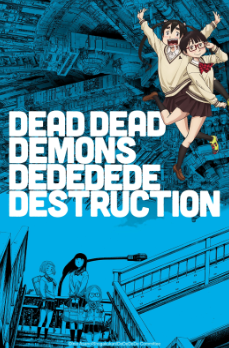
















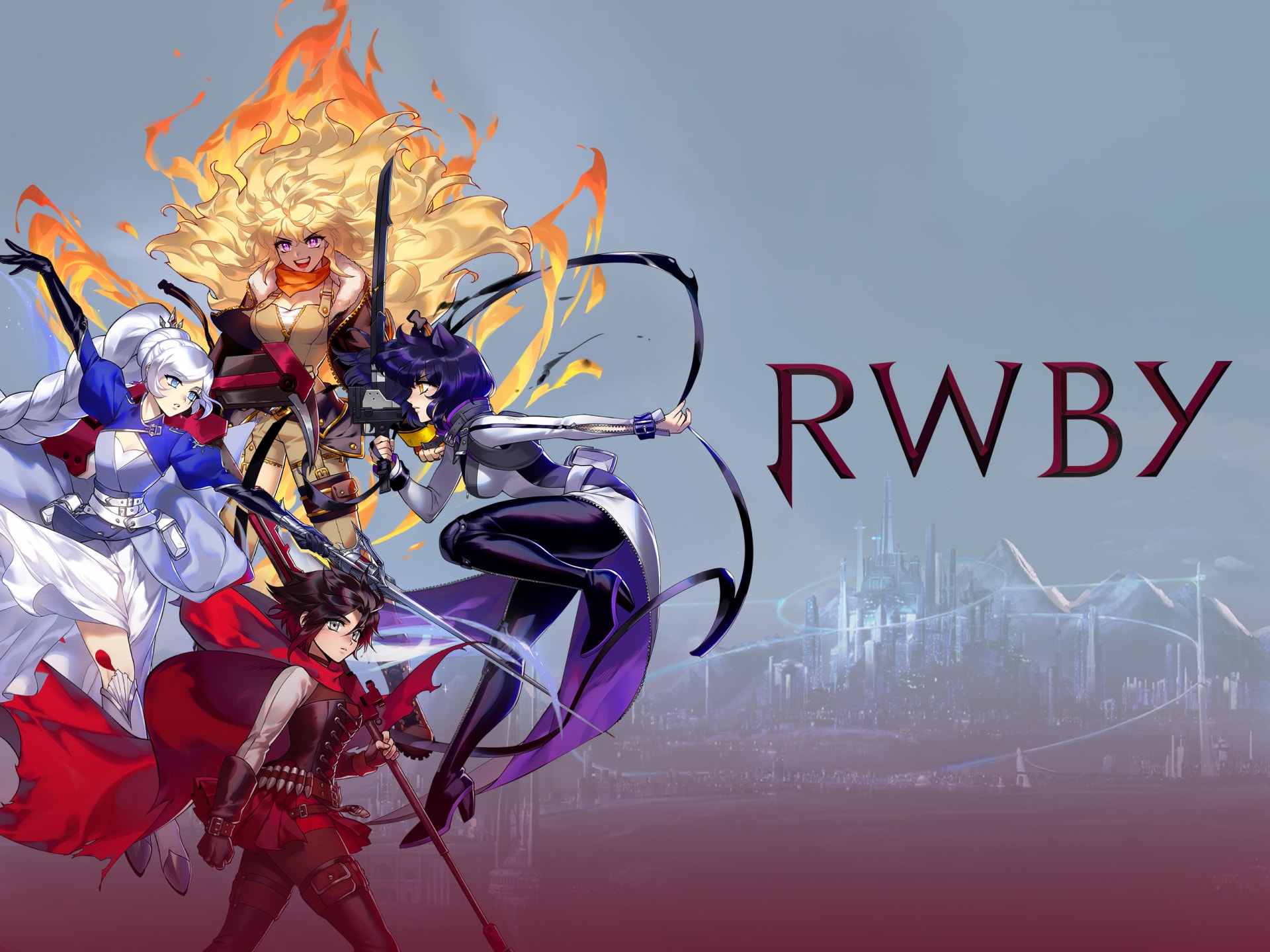




Do we know if Hulu will be the only entity to have the dub, or if it will be on other platforms, too? The show in general is definitely going to be on multiple platforms.